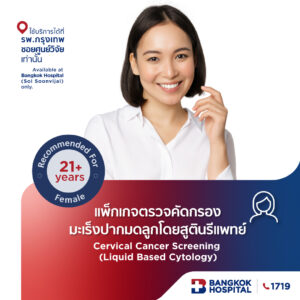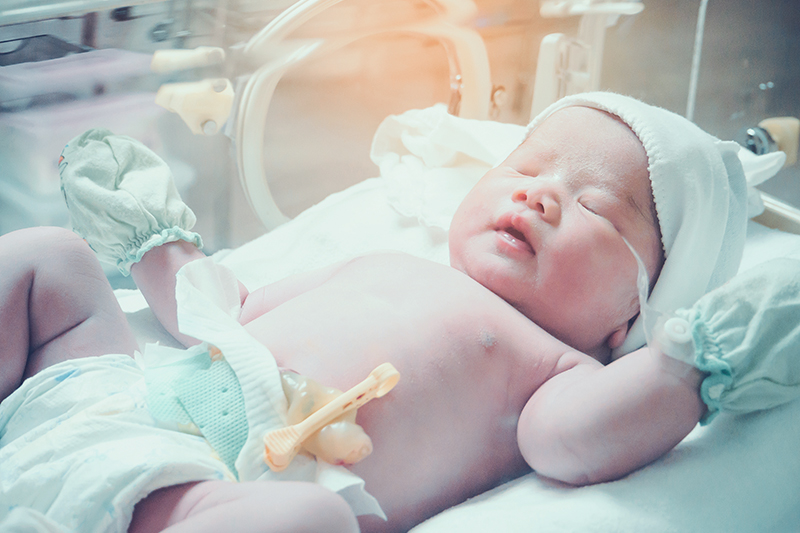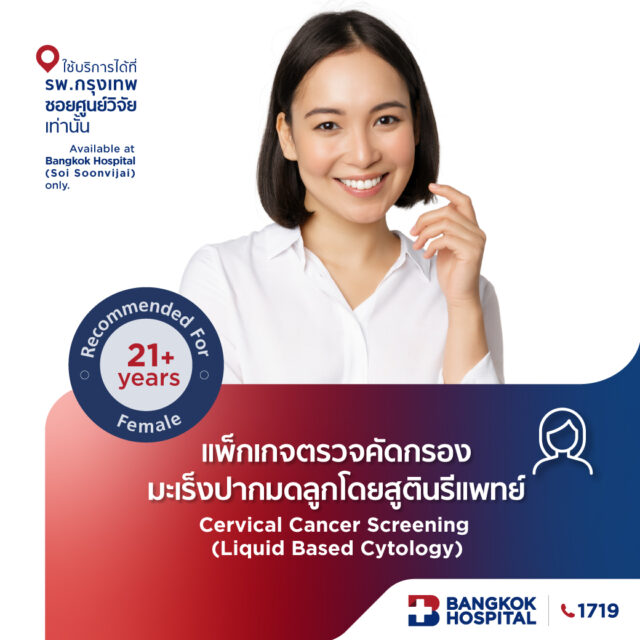One of the top reasons that babies require hospitalization in the neonatal intensive care unit (NICU) is because of preterm birth, which is the when the mother gives birth before 37 weeks of pregnancy. This can possibly be due to age and the mother’s health, the baby’s chromosome abnormalities, including inherited conditions. Therefore, antenatal care at a hospital with medical specialists and comprehensive technology, especially a NICU, will aide in the smooth delivery of your bundle of joy.
What is Considered Preterm Labor?
Preterm labor is a condition where the baby is born before 37 weeks. Although, their organs have developed, their functions may not be as complete as a mature baby. So, they will need special care after birth and need to stay in the hospital longer than usual.
Risks for Preterm Labor
Risk factors can come from both baby and mother:
- Mother
- The mother’s age, if the expectant mother is younger than 18 years old or older than 35, she is at risk of preterm labor.
- The mother’s health condition during pregnancy, such as diabetes, hypertension, or cardiovascular disease.
- History of preterm labor will increase the risk of subsequent preterm labor.
- Uterine overextension, such as twin pregnancy or too much amniotic fluids
- Cervical abnormalities, such as short cervical length
- Infections, such as urinary tract infections. During pregnancy, the womb may crowd the bladder, leading to infection and increased risk of preterm labor.
- Pelvic inflammation
- Smoking, drinking alcohol, or using narcotics during pregnancy
- Cavities or gingivitis
- The fetus may have abnormal chromosomes or infection which can lead to preterm labor.
Warning Signs of Preterm Labor
- Chronic or intermittent lower back pain even after posture change
- Four or more contractions within 20 minutes or intermittent contractions
- Mucous discharge or vaginal bleeding
- The baby is less active than usual
- Swelling and hypertension are signs of pre-eclampsia
Antenatal Exams
- Internal exam to determine cervical changes and length, the size of the baby and its position to determine the risk of preterm labor.
- Ultrasound to measure cervical size and shape to determine the risk of preterm labor.
- Amniocentesis to check the baby’s health and well-being.
Health Concerns in Premature Babies
If a baby is premature, some organs may be affected as follows:
- Lungs may lack surfactant in premature babies causing collapsed lungs and wheezing, which they may need to be on a ventilator.
- Heart may have a condition, known as patent ductus arteriosus (PDA), where the connection between the aorta and the pulmonary artery does not close, causing too much blood to pass into the lung, which can lead to wheezing and heart failure.
- Brain. Babies who weigh less than 1,500 grams have a risk of subdural bleeding due to fragile blood vessels.
- Intestines are more fragile than normal. Digestion and absorption are not so good, which means that the baby can only take small portions of milk at a time and may require additional intravenous supplements.
- Eyes. The retina may not be fully developed. If the blood vessels inside the eyes cannot fully developed, it may lead to blindness.
- Ears may have a risk of hearing loss, especially in babies that have multiple problems.
- Infections. Premature babies are more susceptible to infections because their immune system is not fully functional.
In addition, there may be risks of various long term developmental problems. Therefore, receiving continuous 24 hours care from a neonatal and prenatal specialist in a NICU is important because the premature baby will receive appropriate care so that they can continue to thrive and develop to their fullest potential.
Taking Care of Premature Babies
When taking care of premature babies, the most important thing is to prevent complications. Neonatal and prenatal pediatrician will provide the following care:
- Discuss details with the parents thoroughly
- Assess the baby’s breathing and condition periodically to make sure that they do not need a ventilator.
- Control body temperature in the suitable range
- Conduce blood test as necessary
- Make sure the baby is receiving enough milk and support the mother’s breastfeeding and lactation
- Keep baby under observation until they are at lease 2,000 grams in weight before discharge
- Prepare mother for home care after discharge
In any case, pre-labor planning and antenatal care at a hospital with neonatal intensive care unit is very important because if an expecting mother has premature labor, the baby will receive the necessary treatment. In addition, expecting mothers can take care of their bundle of joy by being mindful of their nutrition and activities, as well as keeping a watchful eye on any abnormal conditions. These steps will help reduce the risk of preterm labors.













